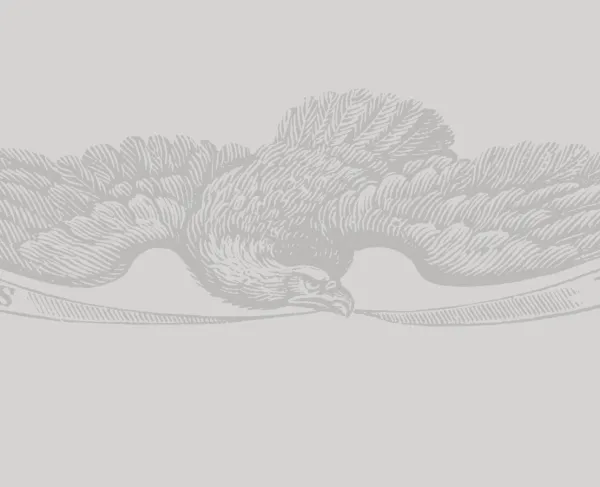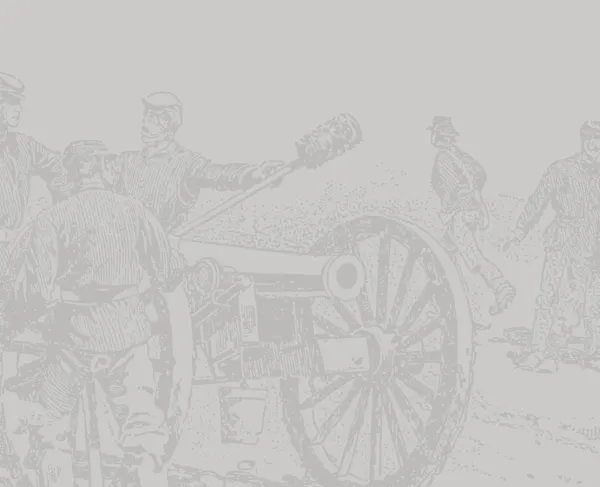“A Complaint from the London Times” Editorial Letter on the Emancipation Proclamation

Below is an anonymous letter published in The London Times newspaper on March 5, 1863. It concerns a series of anti-slavery demonstrations being mounted in London in response to the Emancipation Proclamation, which had gone into effect two months earlier. Within the letter, the writer reveals not only the lingering attachment many in Britain had to slavery, but also shows the level of financial interest many there had in the success of the Confederacy.
A COMPLAINT FROM THE LONDON TIMES.
It is a matter of very serious import that the grand old cause of the Anti-Slave-trade and Anti-Slavery movement should be thought to have degenerated into a mere cat's-paw to Mr. Seward, and that one of the most glorious bands of disinterested philanthropists which this or any other country has produced, should be thought to have sunk into a few dupes of President LINCOLN, advocating a measure which is not freedom to the blacks, but is, as far as possible, massacre to the women and children of the whites. We ask, therefore, publicly, whether there is the least truth in the suggestion that these people have ever received the authority of Lord BROUGHAM, or the Bishop of Oxford, or Sir F. BUXTON, or any other man of ancient connection with this question, to associate the name of BROUGHAM, WILBERFORCE, or BUXTON with their present doings. If they have, let us have the proofs; it they have not, it is only honest to the public to let it be known that these Northern political demonstrations are but cuckoo eggs, fraudulently laid in the old nest, but utterly repudiated by the old birds. In a case like this the suppressio veri is scarcely a step removed from the suggestio falsi. If they have any letters at all from these men, who are the natural guardians of the cause of the slave, those letters ought to be produced. Perhaps we can jog the memories of these worthies as to some of the protests they have conveniently suppressed. Was there no letter from Lord BROUGHAM upon the subject of the address to Mr. LINCOLN? Did not that venerable patriarch of the cause of negro liberty telegraph to beseech the persona who have now usurped the places of the real friends of liberty not to dishonor the cause by carrying that document up to Mr. Adams! Did he not even ask for a little space of delay in order that time might be given for further reflection; and was not the presentation still persisted in, and rather hurried, to avoid the possibility of a damaging public protest, with the signature of "HENRY BROUGHAM" attached to it? If these gentlemen, who take upon themselves to represent the old Anti-Slavery agitation, have such a letter as this, it would have been only honest in them to publish it; it they have not such a letter, we have been very much misinformed.
Perhaps the very small dogs who have taken possession of the old lions' den, and are making such vain efforts to imitate the roar of the old occupants, will tell us also whether they have taken any means to obtain information as to whether the sons of WILBERFORCE and of BUXTON, who have all teen brought up in the teaching of their fathers, now share the opinions of the present Emancipation Society as to the Proclamation of Mr. LINCOLN. Without pretending to any very exclusive information as to the opinions of the WILBERFORCES and BUXTONS, we are strongly inclined to believe that there is not one of them who would not repudiate the doings of these people as an indignity to the memory of their fathers. Perhaps they will tell us what the Bishop of Oxford may have said on the matter. When they have told the public the whole truth as to their relations with the old apostles of Anti-Slavery, we will then hold further controversy with them, but, at present, we utterly refuse to recognize them as a respectable agitation.
It is stated that between £500,000 and £600,000 of a contemplated advance of £3,000,000 to the Confederate Government, has been negotiated at Paris and Frankfort by Messrs. ERLANGER & Co. The amount is to be secured by cotton at 5d. per pound, which is to be delivered on the cessation of the blockade.
The Bank of Mobile had remitted to London about £40,000 in specie to meet until July, 1864, the interest on the bonds of Alabama.





